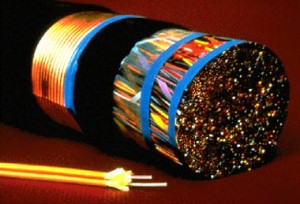Life’s only certainty is change. Nowhere more true than with modern technologies, particularly broadband. Problem is, lots of government rules are not coming along for the ride.
Yesterday the Communications Liberty and Innovation Project (CLIP) hosted regulatory experts to discuss ways the FCC might incent more investment in digital infrastructure.
A fresh voice at the FCC is focusing the agency and the country on such a policy path of abundant wired and wireless broadband. New FCC Commissioner Ajit Pai (@AjitPaiFCC) yesterday called for the creation of an IP Transition Task Force as a way to accelerate the transition from analog networks to faster and more ubiquitous digital networks. Network providers, he said, want to know how IP services will be regulated before making major infrastructure investments. Commissioner Pai also discussed economic growth and job creation, asserting every $1 billion spent on fiber deployment creates between 15,000 and 20,000 jobs. Therefore to pave the way for robust private sector investment in the IP infrastructure, the FCC must signal a clear intention not to apply outdated 20th century regulations to these 21st century technologies.
The follow-up discussion focused on the need for a regulatory framework that will promote competition and economic growth while also maximizing consumer benefits. Jonathan Banks of US Telecom pointed out that the telecommunications industry is investing $65 billion per year, every year, in broadband infrastructure — a huge boost to current and future economic growth. Whoever occupies the White House after November should make it clear that expanding the nation’s “infostructure” with private investment dollars is a key national priority that will generate huge dividends — digital and otherwise.


